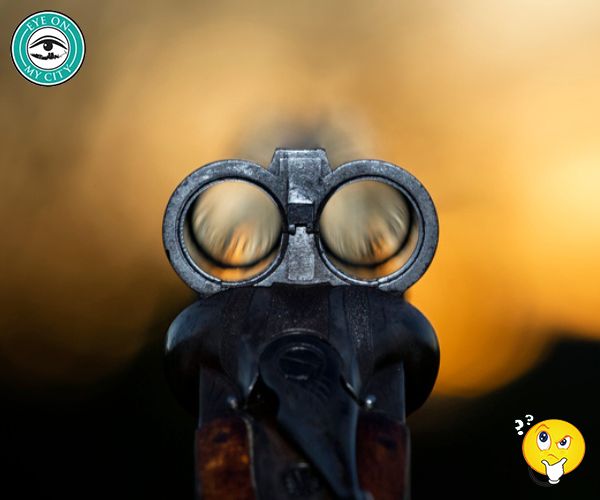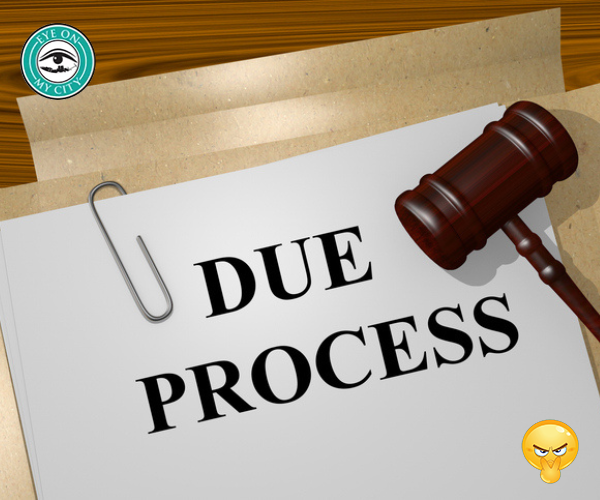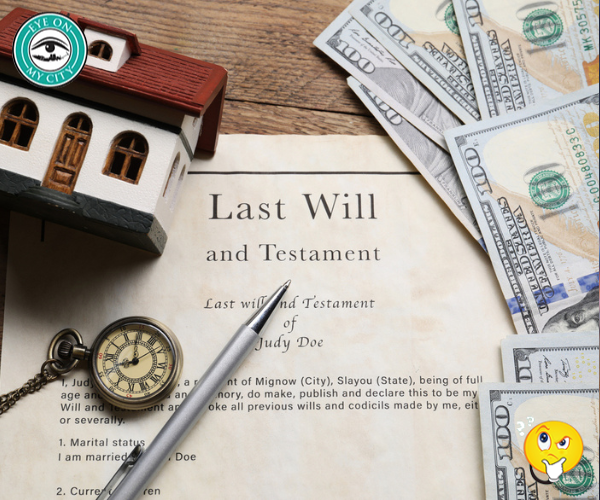The Florida State House of Representatives recently passed a bill, sponsored by Rep. Bobby Payne, R-Palatka, aiming to lower the minimum age for purchasing rifles and other long guns from 21 to 18. This proposal has reignited a heated debate, with opponents emphasizing school safety and supporters arguing for the protection of Second Amendment rights. However, the bill’s future is uncertain as Senate President Kathleen Passidomo opposes it.
Background: The Marjory Stoneman Douglas High School Shooting
The tragic mass shooting at Marjory Stoneman Douglas High School in 2018 prompted Florida legislators to raise the minimum age for purchasing rifles and long guns to 21. This change was intended to limit access to firearms for young adults who may pose a higher risk.
The Bill’s Sponsor and Supporters
Rep. Bobby Payne argues that age restrictions on firearms infringe upon the Second Amendment rights of young adults. Supporters of the bill believe that 18-to-20-year-olds, who are legally recognized as adults, should be able to exercise their constitutional right to bear arms. They assert that responsible individuals in this age group should not be penalized due to the actions of a few.
Opponents’ Concerns: School Safety and Prevention of Future Shootings
Opponents emphasize the need to prioritize school safety and prevent future mass shootings. They argue that higher age restrictions reduce the risk of firearms falling into the wrong hands. By raising the minimum age to 21, they believe potential perpetrators are less likely to have easy access to firearms during a period characterized by impulsivity and emotional volatility. Supporters of this viewpoint argue that the bill’s passage could contribute to safer school environments and mitigate the potential for tragedies.
Debate Over Second Amendment Rights
The debate centers around the interpretation and balance of constitutional rights. Supporters of the bill assert that the Second Amendment guarantees the right to bear arms and that age-based restrictions infringe upon this right. They argue that if individuals are deemed old enough to vote and serve in the military, they should also be able to own guns to protect themselves.
Opponents recognize the importance of Second Amendment rights but argue that reasonable regulations are necessary for public safety. They contend that age restrictions are a reasonable measure to prevent potential harm and align with the state’s duty to
protect its citizens. They highlight the involvement of certain long guns in high-profile mass shootings and argue that raising the age limit serves as a precautionary measure to reduce the risk of such incidents.
Uncertain Future and Senate President’s Opposition
Despite passing in the State House of Representatives, the bill’s future remains uncertain due to Senate President Kathleen Passidomo’s opposition. Passidomo’s stance reflects the division within the Republican party on this issue, highlighting potential challenges in gaining broader support.










